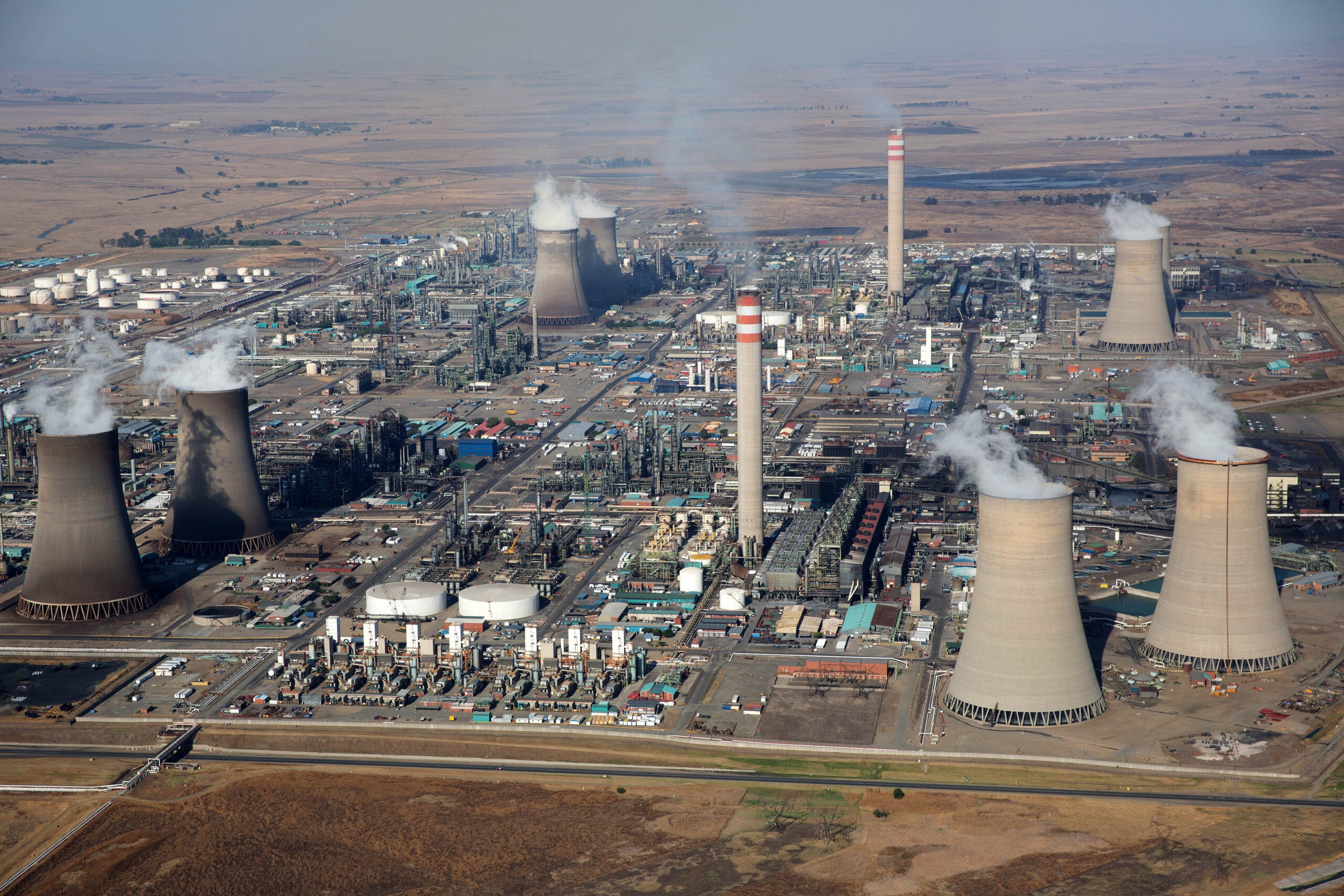Winning the Fight Against Coal Projects in South Africa
Earthjustice's South African partners shut down a proposed 600 MW coal power plant in the Mpumalanga province, sending a message to the country's biggest polluters.
On July 21, 2020, the South African NGO groundWork secured a court victory shutting down the proposed 600 MW Khanyisa coal-fired power plant in the Mpumalanga province. At a time when coal and other fossil fuels generate 91 percent of energy in the nation, this win builds momentum for a cleaner energy system and speaks to the growing movement fighting climate change around the world.
The Centre for Environmental Rights (CER), a close partner of Earthjustice, provided legal representation for groundWork and convinced the South African Water Tribunal to revoke the water license of the coal plant. Beginning in 2018, groundWork appealed the Khanyisa water use license to the Water Tribunal, an independent administrative body created by South Africa’s National Water Act. Challenging Khanyisa’s water license is part of CER’s broader strategy to fight fossil fuels and promote renewable energy development.
Secunda Power Station, one of the coal-fired plants that pollutes the air and water in South Africa’s Mpumalanga province.
James Oatway / Centre for Environmental Rights
Khanyisa is one of a staggering 14 new power plants proposed under the Coal Baseload Independent Power Producer Procurement Programme (IPP program), which allows private producers to sell electricity to Eskom, South Africa’s beleaguered state-owned utility. Eskom already owns and operates 12 ancient coal-fired power plants that have long poisoned the air South Africans breathe.
For the past few years, CER and community groups have fought the construction of other proposed coal-fired thermal power plants by challenging environmental authorizations, water use, air emissions, and electricity generation licenses. In 2017, CER secured a landmark ruling in North Gauteng High Court on behalf of Earthlife Africa that the Minister of Environmental Affairs should have assessed the climate change impacts of the proposed Thabametsi coal-fired power plant before authorizing it.
groundWork and CER’s successful appeal of Khanyisa’s water license lands another significant blow against new coal development. groundWork highlighted three key problems with the water use license that the issuing agency did not adequately consider:
- the project’s climate change impacts;
- potential pollution to surface and groundwater from a proposed coal ash disposal site for the power plant’s waste; and
- failure to meaningfully consult the public and those affected by the project before approving the license.
The Tribunal agreed that climate change impacts must be considered in determining whether a water use permit would be in the public interest. The Tribunal found that “building a coal fired power station will increase South Africa’s total emissions of greenhouse gases and thereby contribute to climate change which will impact water security,” one of the “key impacts of climate change in Southern Africa.” The Tribunal then found that the Department of Water and Sanitation did not consider climate change, and if it had, would have concluded that this coal-fired power plant is not in the public interest.
Despite strong expert evidence to the contrary, the Tribunal did not find that coal ash landfill disposal would cause serious impacts because the Tribunal believed that a liner beneath the landfill would mitigate environmental risks. However, the Tribunal agreed that the water use license should have considered the risks of coal ash contamination to the public interest and that coal ash disposal “cannot be said to be a sustainable development path, taking into consideration the finite nature of our scarce water resources.” Coal ash is a toxic waste product generated by burning coal, and it poses grave risks to health and the environment worldwide.
Finally, the Tribunal agreed that Khanyisa’s failure to solicit comments on its updated water use license application was a “fatal procedural flaw” and that the appeal could not cure the defects. This means that the project proponent must conduct a new public participation process and that the Department of Water and Sanitation must consider public comments in the renewed permit application.
groundWork and CER continue to actively challenge fossil fuel-based energy, building momentum toward a clean energy revolution in South Africa. In 2019, groundWork and Vukani Environmental Justice Movement in Action, represented by CER, launched the first case in South Africa to decide whether deadly air pollution from Eskom’s coal-fired power plants violates the constitutional right to a healthy environment. CER is also assisting groundWork and Earthlife Africa Johannesburg to push back against efforts by existing coal-fired power plants to evade compliance with air quality standards.
Although the path to cleaner energy in South Africa is challenging, the Khanyisa victory is a significant milestone in the fight against climate change.
The International Program partners with organizations and communities around the world to establish, strengthen, and enforce national and international legal protections for the environment and public health.
Earthjustice Media Relations Team
media@earthjustice.org
